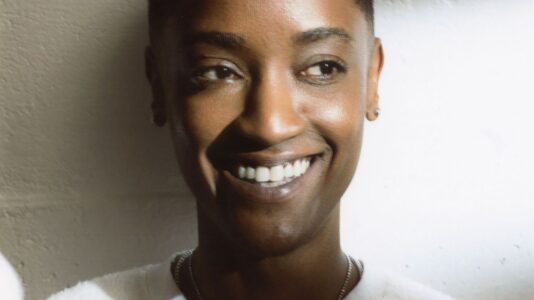Fans Debate the Dynamic Between Mel and Langdon in The Pitt
Even before the conclusion of The Pitt Season 1, viewers have divided over the nature of the relationship between Dr. Frank Langdon (Patrick Ball) and Dr. Mel King (Taylor Dearden). A vocal group of fans appears to be “shipping” the duo, interpreting their interactions as romantic. However, an examination of their on-screen dynamic suggests a different narrative: one rooted in mentorship rather than romance.
The Mentor-Mentee Relationship
From the outset, Mel’s eagerness in her role as a medical intern highlights her admiration for Langdon, who serves as her guide. The relationship they share appears to resemble a mentor-mentee dynamic rather than any romantic connection. Viewers who perceive a romantic undertone may be projecting their own desires onto the characters rather than observing the nuances of their interactions.
Mel’s Childlike Exuberance: The excitement Mel expresses when Langdon returns hints at a deeper bond akin to that of a child with a parental figure. This dynamic is further solidified by Mel’s backstory as the sole guardian of her autistic sister, showcasing the lack of support she has faced in her life.
Langdon’s Role as a Mentor: Langdon, despite grappling with personal issues, exhibits a profound commitment to teaching Mel, reinforcing their professional relationship. He recognizes her potential and talents, further fostering her growth in the medical field.
As highlighted in their interactions, the two characters connect on a deeper level—perhaps as neurodivergent individuals finding common ground—but this connection does not necessarily imply a romantic bond.
Misguided Shipping Trends
While the notion of Mel and Langdon being a couple has gained traction among certain fandom circles, it reflects a broader issue within the entertainment community: the tendency for viewers to project romantic narratives onto relationships that are inherently platonic. This trend not only threatens to alter the fabric of established character dynamics but also undermines a pivotal aspect of The Pitt—its commitment to portraying realistic medical scenarios over melodrama.
The Complexity of Character Relationships
Shipping these characters could jeopardize their individual story arcs and, more critically, the integrity of the show itself. Langdon is portrayed as a dedicated family man with a spouse and children, a fact that the story continually reinforces. Any romantic entanglement with Mel would not only render his character unlikable but could also undermine the show’s efforts to represent complex human relationships authentically.
Moreover, Mel’s own values could not align with betraying a family; she is depicted as someone who values integrity and compassion. Bumping up against that moral compass creates a tension that is not characteristic of her established personality.
The Significance of The Pitt
The Pitt stands out in the medical drama genre because it emphasizes realism over sensationalism. Rather than drifting into the realm of romantic entanglements often associated with hospital dramas like Grey’s Anatomy or Chicago Med, it opts for grounded storytelling. This approach not only maintains narrative integrity but also resonates with audiences seeking authenticity in character portrayals.
This focus contributes to the show’s critical success, illustrated by a commendable rating of 8/10.
Conclusion: Appreciating Authentic Narratives
The discourse surrounding Mel and Langdon’s relationship offers an insightful lens into the evolving landscape of audience expectations. It serves as a reminder for viewers to appreciate works for their intended narratives rather than imposing alternate interpretations. As The Pitt gears up for its second season, audiences would do well to embrace its foundations in realism and mentorship, applauding its unique storytelling style while allowing characters like Mel and Langdon to grow in their respective arcs without unjust expectation.
In a market teeming with romantic hospital dramas, The Pitt stands as a refreshing alternative, one that asks viewers to acknowledge the beauty of platonic relationships and the potential they hold in shaping character-driven narratives. As the series progresses, it remains to be seen how the characters will develop—without the confusion of misguided expectations.









